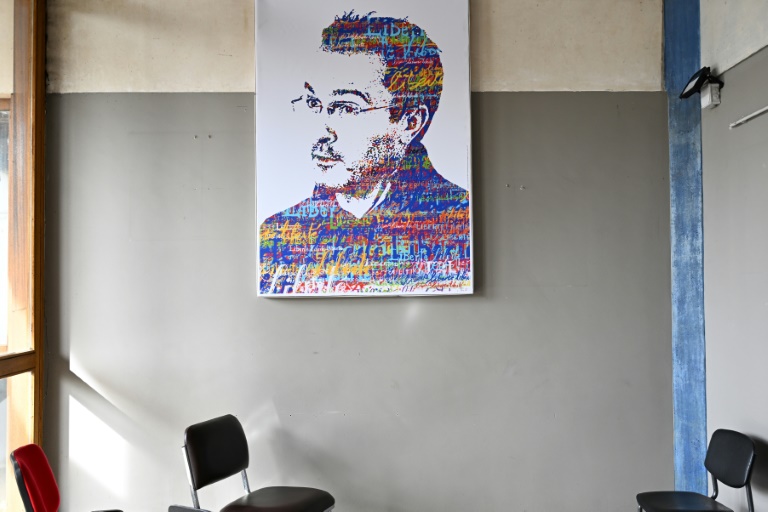Confirmation bias
New Zealanders — whether liberal or conservative — show both increased anger and reduced warmth towards Muslims if they are more avid news consumers, a new scientific study has found. “People tend to interpret the news in ways that fit with their pre-existing biases, seeking affirmation of their beliefs while discounting conflicting information,” says one researcher. “New Zealand is a good test for speculation about media-induced Muslim prejudice because of its overall highly tolerant people. If anything, tolerant Kiwis might tend to reject intolerant stereotypes, reducing the effect of the media.”
New Zealanders — whether liberal or conservative — show both increased anger and reduced warmth towards Muslims if they are more avid news consumers, a new scientific study has found.
The study, which appears in the international science journal PLOS ONE, is based on responses from 16,584 New Zealanders from the New Zealand Attitudes and Values Study (NZAVS), a 20-year longitudinal study led by co-author Professor Chris G. Sibley of the University of Auckland, who leads the project he created in 2009.
You may be interested
U Otago notes that researchers have long suspected that the news media fuels Islamophobia, but these ideas had never been tested on a nation-wide scale.
“People tend to interpret the news in ways that fit with their pre-existing biases, seeking affirmation of their beliefs while discounting conflicting information,” says University of Otago lecturer Dr. John Shaver, the article’s lead author. “New Zealand is a good test for speculation about media-induced Muslim prejudice because of its overall highly tolerant people. If anything, tolerant Kiwis might tend to reject intolerant stereotypes, reducing the effect of the media.”
“However, we find that the association of prejudice towards Muslims with more media exposure holds across the political spectrum, and is specific to Muslims,” says Shaver. “This indicates that it is widespread representations of Muslims in the news that is contributing to lower Muslim acceptance, rather than any partisan media bias. The media, regardless of politics, tend to publish violent stories because violence sells.”
Professor Joseph Bulbulia of Victoria University of Wellington, also a co-author, notes, “Sadly, there may be real-world consequences for Muslims in this country, people who encounter prejudice across their daily routines, at the workplace, and in their children’s schools.” Despite the study’s bleak message the authors remain optimistic: “Though un-making prejudice is difficult, we hope these results challenge the media to present fairer representations of Muslims.”
— Read more in John H. Shaver et al., “News exposure predicts anti-Muslim prejudice,” PLOS ONE (31 March 2017) (doi: org/10.1371/journal.pone.0174606
This article originally appeared on homelandsecuritynewswire.com.














